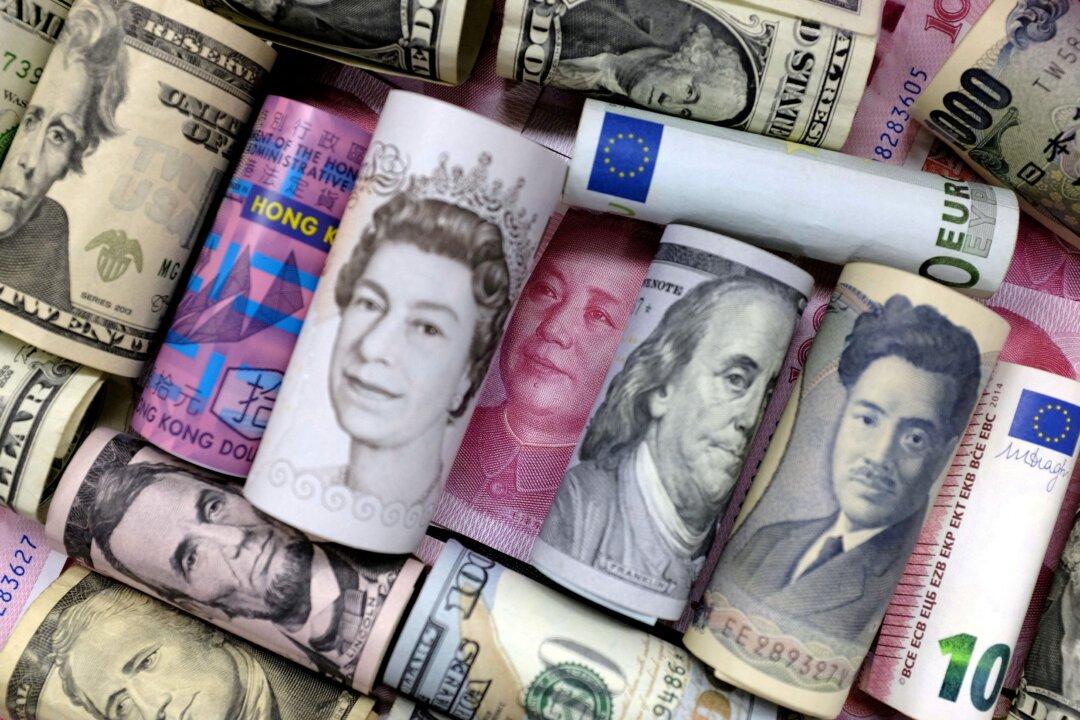The euro edged higher on Friday, but concerns about a potential slowdown of the economy kept it in a tight range, while the dollar weakened as investors priced in expected monetary tightening by the Federal Reserve.
“The combination of lingering Russia-related risks, high energy prices, and Fed-ECB policy divergence still points to a weaker, rather than stronger, EUR/USD,” ING analysts said.





